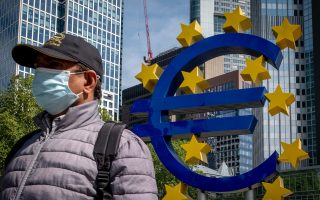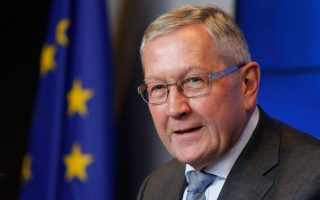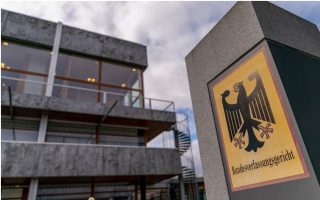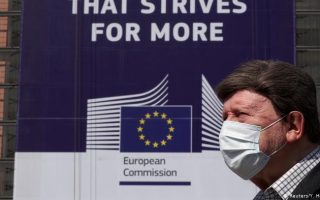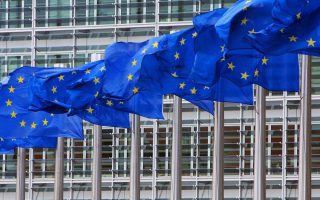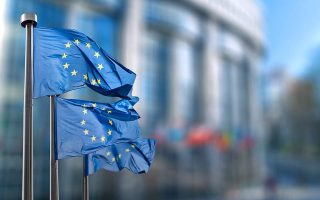Europe needs to be a superpower, not a superstate
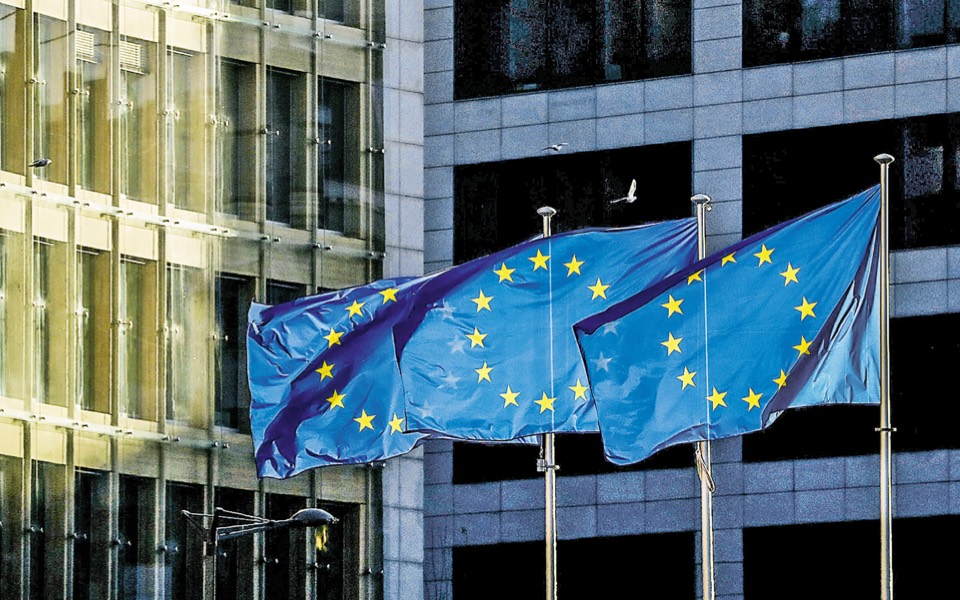
As a European leader once remarked, Europe should be a superpower, not a superstate. Faced with an increasingly powerful and authoritarian China, global warming, the potentially existential challenge of AI, not to mention an aggressive Russia, chaotic Middle East and Trumpian United States, this argument is more compelling than ever. In a world of giants, you need to be a giant yourself. If we Europeans don’t hang together, we will hang separately.
Most Europeans agree with this simple proposition. Indeed, this is one of the big things they want the European Union to do. But is Europe up to the job? The answer is not a simple yes or no. It depends what dimension of power we are talking about. In trade negotiations, the EU, which represents the biggest and richest multinational single market in the world through a single negotiator, is already a superpower. It has made trade deals with major economies like Canada and Japan of which Brexit Britain can only dream.
The EU is a superpower too in the un-sexy but vital area of regulation. Just ask Facebook or Google. In effect, Brussels sets the privacy standards for the worldwide internet (although not for the now largely separate Chinese internet). An interesting new book on the EU as a regulatory superpower, “The Brussels Effect,” carries the noughties-nostalgia-inducing subtitle “How the European Union rules the world.” Well, publishers will be publishers; but somewhere in there is a grain of truth.
The EU is not a superpower in respect of climate change, but it does have a half-way coherent strategy for a Green New Deal, the flagship policy of what European Commission President Ursula von der Leyen has described as her “geopolitical” commission. The proportion of waffle in the EU’s external relations is still alarmingly high – “why do they talk so much?” an Indian official whispered to a friend of mine, as senior representatives of each EU institution had their wordy say on a visit to India – but there is some effective action. The EU shows a significant degree of coherence in relation to many smaller countries and poorer parts of the world. Europe is the world’s largest donor of official development aid.
For four decades, from the 1970s to the 2000s, the EU’s most powerful external policy was enlargement. Whole societies were transformed in southern, central and eastern Europe, as countries lined up to join this unprecedented, anti-imperial empire. But now there is such enlargement fatigue that even accession talks with tiny North Macedonia were nearly kyboshed by French President Emmanuel Macron. No one is seriously talking about a prospective membership for Turkey, as we were in the early 2000s, and things are not all that much better for Ukraine.
Europe is least impressive when it comes to relations with great powers. At a meeting of the European Council on Foreign Relations some years ago, we started with Russian, Chinese and American speakers giving us their views of Europe. The result was three very cold showers. There was a remarkable degree of overlap in the reasons the three speakers gave for criticism of Europe that sometimes verges on contempt. Seen from Beijing, Moscow or Washington, Europe too often appears weak, divided and hypocritical.
What can Europe do about this, besides getting its enlargement mojo back? One answer is offered by the European federalist Guy Verhofstadt, who is currently slated to be the chair of a new Conference on the Future of Europe. When I spoke to him in Brussels recently, he said his message could really be boiled down to a simple formula: ending unanimity. So his remedy is institutional, concentrated on getting the Union to take more decisions by majority vote. In short, Europe must be a superstate before it becomes a superpower.
There are three flaws in this solution, of which the first is already fatal: there is no majority for it among the governments and peoples of Europe today. Such far-reaching institutional changes are also not necessary to achieve a more coherent and effective European external policy. And it has no place for European states that are either not, not yet, or, in the singular case of Britain, no longer members of the European Union.
In case you hadn’t clicked already, the European leader who coined the “superpower, not a superstate” formula was a British prime minister, Tony Blair, speaking in Warsaw in 2000. Britain matters here because it is the European country which, alongside France, has the most experience of worldwide diplomacy, significant capabilities in intelligence, counter-terrorism and development aid, a permanent seat on the UN Security Council and a readiness to project power through the use of force. In a recent Pew poll the UK was way ahead of all other European countries in its declared readiness to use military force to counter a Russian attack on a NATO ally, with 55 percent of Brits supportive, compared with 41 percent of the French and only 34 percent of Germans.
Fortunately, there is another way that we can still work together towards the goal of being a superpower. It can be summed up in the Nike slogan: “Just Do It.” This is how we have achieved a European policy on Iran, for example, and to some extent on Ukraine. All it requires is for a group of states, ideally including Germany, France and Britain (the “E3” of Iran policy), wherever possible together with some other relevant European states (e.g. Poland and the Baltic countries for east European challenges, Spain and Italy for Mediterranean ones), to develop an effectively coordinated policy, working closely with the EU’s High Representative on foreign and security policy. Supported by the EU’s own diplomatic service, known as the European External Action Service, the High Rep can also represent the interests of other member-states and bring their active or passive support. No major institutional change is needed, let alone a federalist great leap forward, and the beauty of this pragmatic method is that it can still fully engage the heft of countries like Britain.
What it does require, however, is a shared strategic analysis of the threat, convergent understandings of national interests and a lot of political will. That remains a tall order. Let me be clear: I don’t think it’s likely that Europe will get its act together in this way. The hard or even no-deal Brexit towards which we seem to be heading will make it even more difficult to achieve. My point is simply that it is still desirable, even essential, and still possible.
Among today’s European leaders, Macron is the one who most clearly articulates this strategic ambition, even if his specific proposals are not always persuasive. If he could find some equally strategic and ambitious partners in Berlin, London, Madrid, Rome and other national capitals, as well as in Brussels, Europe could still aspire to be a superpower. Just Do It. And remember, before she became an American running shoe, Nike was a European goddess of victory.
Timothy Garton Ash is professor of European Studies at Oxford University and a senior fellow at the Hoover Institution, Stanford University. A new edition of “The Magic Lantern,” his eye-witness account of the revolutions of 1989, was recently published in a number of languages. Twitter: @fromTGA.
